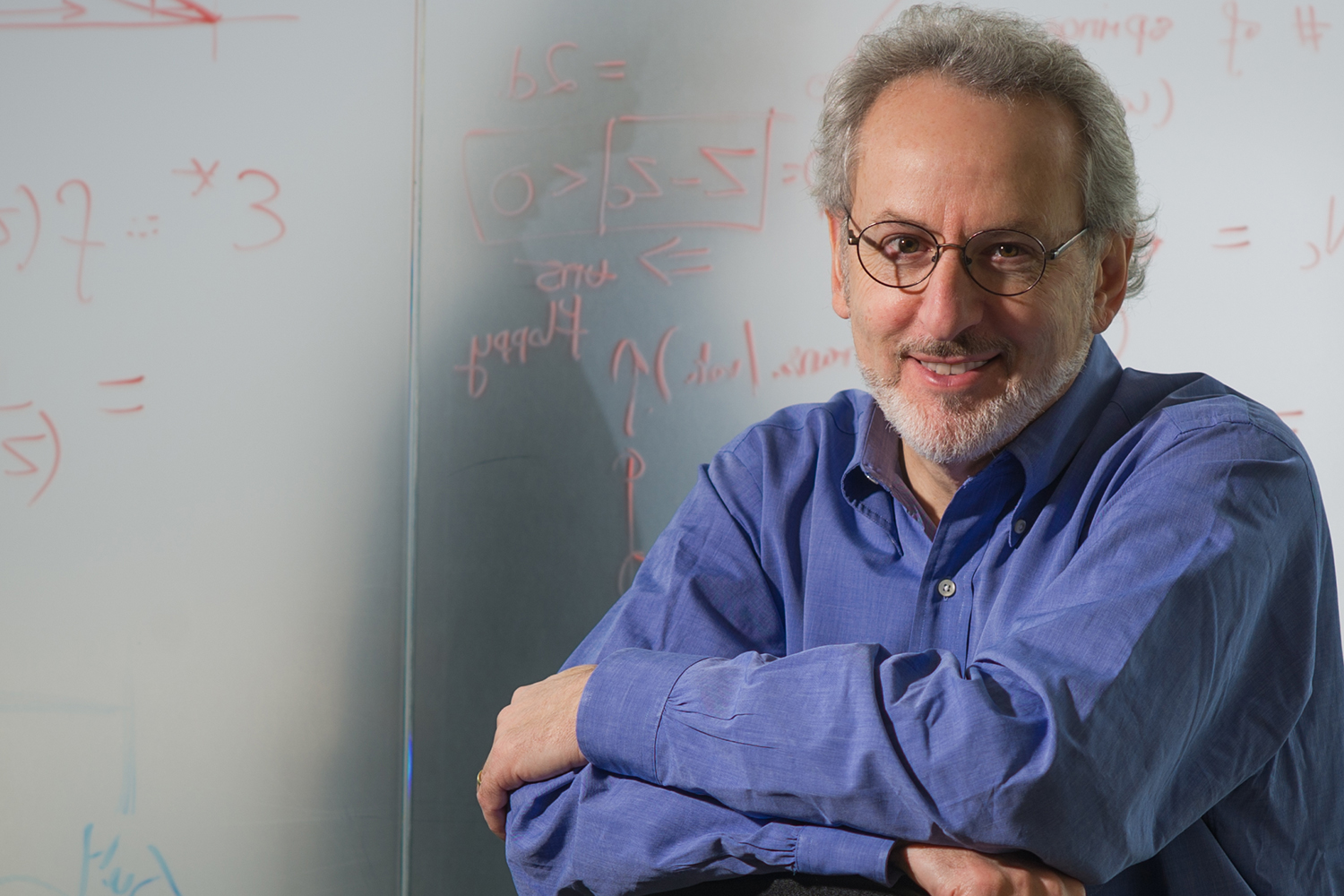BOSTON — The Wyss Institute for Biologically Inspired Engineering at Harvard University today announced that its founding director, Donald E. Ingber, M.D., Ph.D., has been inducted into the American Institute for Medical and Biological Engineering’s (AIMBE) College of Fellows on the basis of his major contributions to cell and tissue engineering, angiogenesis and cancer research, systems biology, and nanobiotechnology.

This distinction affirms Ingber’s pioneering efforts in the emerging field of Biologically Inspired Engineering. AIMBE is a nonprofit organization representing 50,000 individuals in academic institutions, private industry, and professional and engineering societies. The organization provides leadership and advocacy in medical and biological engineering for the benefit of society.
New inductees are nominated and approved by the current AIMBE College of Fellows, which includes several Nobel Prize winners among its 900 leading engineers and scientists. AIMBE Fellows represent the top two percent of medical and biological engineers in the nation. Ingber was one of 79 new inductees to this group.
"It gives me great pleasure to see such talented individuals inducted into the College," said Thomas C. Skalak, AIMBE President and Vice President for Research at the University of Virginia. "This group truly enhances the fabric of our society; I look forward to having them in our membership."
As Founding Director of the Wyss, Ingber is helping to advance the new field of biologically inspired engineering by leading a multifaceted effort to identify the mechanisms that living cells use to self-assemble into tissues and organs, and to apply these design principles to develop advanced materials and devices for applications in areas ranging from cancer and regenerative medicine to architecture and robotics.
He also holds the Judah Folkman Professorship of Vascular Biology at Harvard Medical School and Children’s Hospital Boston and is a Professor of Bioengineering at the Harvard School of Engineering and Applied Sciences. Inbger’s most recent innovation is a technology for building a tiny, complex, three-dimensional model of the human lung. This breathing "lung-on-a-chip" mimics complicated human functions, providing critical information for diagnostic and therapeutic applications more reliably and at a fraction of the cost associated with traditional drug-testing methods.
Lung-on-a-chip was recently recognized as among last year’s most important research advances in biological and medical science by the Faculty of 1000 (F1000), a collaboration of more than 10,000 of the world’s leading scientists and clinicians. The technology was also named to Discover magazine’s list of the Top 100 stories of 2010.
Ingber has received numerous distinctions including the Pritzer Award from the Biomedical Engineering Society, Lifetime Achievement Award from the Society of In Vitro Biology, the Rous-Whipple Award from the American Society for Investigative Pathology, and the Department of Defense Breast Cancer Innovator Award. He also serves on the Board of Directors of the National Space Biomedical Research Institute.